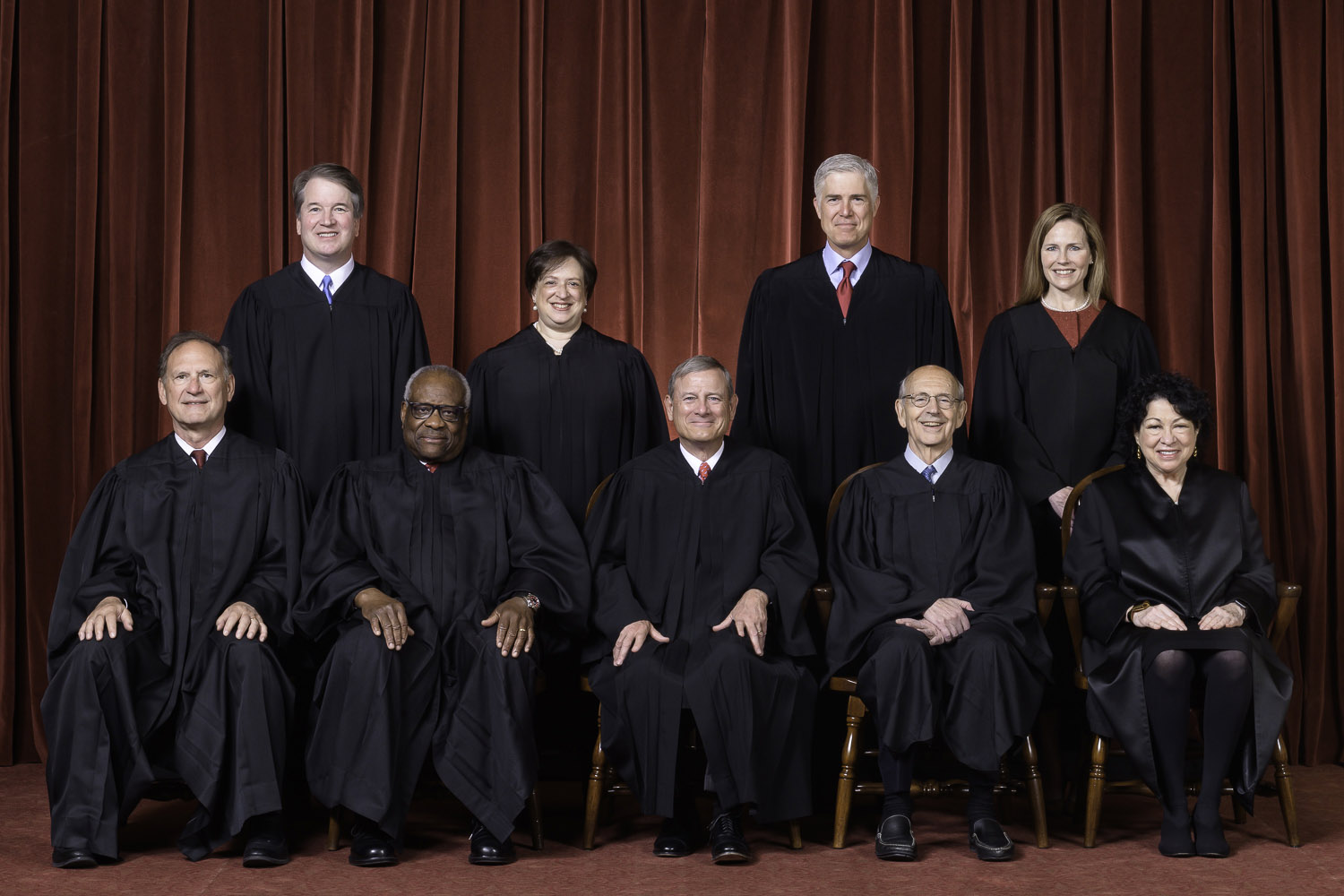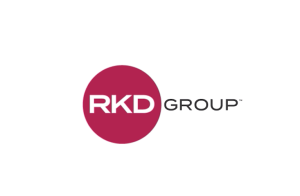The Supreme Court of the United States sided with hundreds of nonprofits in arguments protecting the Schedule B donor information from public scrutiny, reversing lower court rulings that charities had to turn over donor identifications.
In a 6-3 split decision, Chief Justice John Roberts wrote the opinion of the Court, striking down the California attorney general’s demand that all charities wishing to do business in California had to file their Schedule B list of major donors without redaction. He was joined by Associate Justices Brett Kavanaugh, Amy Coney Barrett, Samuel Alito, Neil Gorsuch, and Clarence Thomas.
Dissenting were Associate Justices Sonia Sotomayor, Stephen Breyer, and Elana Kagan.
“The District Court correctly entered judgment in favor of the petitioners and permanently enjoined the Attorney General from collecting their Schedule Bs. The Ninth Circuit erred by vacating those injunctions and directing entry of judgment for the Attorney General. The judgment of the Ninth Circuit is reversed, and the cases are remanded for further proceedings consistent with this opinion,” Chief Justice John Robert wrote in the opinion in the case of Americans for Prosperity Foundation (AFPF)/Thomas More Law Center (TMLC) v. Bonta .
“The Court does not doubt the importance of California’s interest in preventing charitable fraud and self-dealing. But the enormous amount of sensitive information collected through Schedule Bs does not form an integral part of California’s fraud detection efforts,” Robert wrote. “California does not rely on Schedule Bs to initiate investigations, and evidence at trial did not support the State’s concern that alternative means of obtaining Schedule B information — such as a subpoena or audit letter — are inefficient and ineffective compared to up-front collection. In reality, California’s interest is less in investigating fraud and more in ease of administration. But “the prime objective of the First Amendment is not efficiency.”
Read the full decision here … https://www.supremecourt.gov/opinions/20pdf/19-251_p86b.pdf
“Today’s decision protects Americans from being forced to choose between staying safe or speaking up,” said AFPF CEO Emily Seidel. “The ability to maintain one’s privacy makes it possible for people to join together in causes and movements. Especially given how polarized our country has become, the work of addressing injustice and advocating for change is hard enough without people facing fear of harassment and retaliation from the government and from potentially violent opposition. This right to come together with one another was critical for the success of the Civil Rights movement, marriage equality, and — as the Court’s decision affirms — it remains critical today.”
The case has gone back and forth through appeals courts for at least the past five years. AFPF won a permanent injunction in 2016 which was appealed and in 2018 the U.S. Court of Appeals for the Ninth Circuit ruled that the donor reporting requirement does not violate the First Amendment. That led to the petitions asking the Supreme Court to review the decision.
During the early 2010s, the California AG’s Office began requiring organizations registered to raise funds in the Golden State to submit their Schedule B in confidence as part of their charitable fundraising registration. Schedule B of the tax Form 990 lists donors who have contributed more than $5,000, or 2% of total gifts, to an organization. The tax form is collected by the Internal Revenue Service (IRS) but details on Schedule B, such as names and addresses, are redacted on public copies.
Some 275 nonprofits signed on to 35 amicus briefs in support of two organizations taking the California Attorney General’s Office to the Supreme Court of the United States to fight donor disclosure requirements.
Reaction from charitable organizations was swift. “We are pleased the Court recognized the importance of confidentiality in donors’ choices to support a broad spectrum of causes, both the socially charged and the entirely uncontroversial. The confidence and trust donors place in a nonprofit organization are essential to the continued vibrancy of the philanthropic sector,” said Robert Tigner, general council of The Nonprofit Alliance in Washington, D.C. “We support States’ efforts to protect donors from fraudulent “charities” with the robust investigative means already at their disposal. But the overreach addressed in this case could have created as much risk for donors, if not more.”
The decision however, was not as straight forward as one might expect. “The Court split 6-3, with the six conservative justices saying the California donation reporting law is unconstitutional and thus unenforceable, and the three other justices voting to uphold the California requirement for nonprofits to file a copy of their Form 990 Schedule B that they already file with the IRS, also with California charitable law enforcement. But the reasoning behind why the 6 Justices decided to throw out the longstanding requirement is somewhat convoluted, with 3 of them writing separate opinions expressing different viewpoints, some of which formally said they agreed. It will take some time to wade through and map out their rationales,” said President & CEO of the National Council of Nonprofits Tim Delaney.
Louie Castoria, a partner in the San Francisco, Calif., office of law firm Kaufman Dolowich & Voluck, filed the case against the state in 2015 on behalf of Thomas More Law Center, won in a bench trial and brought the case through the appellate process to the point of petitioning the Supreme Court for review. “This is a great day for all Americans who cherish their First Amendment rights of peaceable assembly and free speech, the same rights that our Founders exercised in advocating for independence and ratification of the Constitution,” said Castoria.
“In the last year, we’ve seen how volatile the marketplace of ideas has become, attacking one another, stigmatizing people for their cultures and deeply held beliefs, and assaulting the foundations of our society. … This opinion safeguards our client’s donors from the threats of governmental misuse and public disclosure of their identities and addresses — whether intentional, mistaken, or by electronic theft,” Castoria added.
California Attorney General Rob Bonta inherited the case but backed the state’s contentions. Via a statement he said: “We are disappointed by the Supreme Court’s decision today striking down California’s requirement that certain charities report limited information about their major donors on a confidential basis. As the People’s Attorney, my office has the responsibility to protect charitable assets for their intended use and ensure that donations go towards their intended purpose. Stripping our office of confidential access to donor information – the same information about major donors that charities already provide to the federal government – will make it harder for the State to fight fraud and prevent the misuse of charitable contributions. Despite this unfortunate news, we will continue our work to ensure that California’s nonprofits are following the law, and that charitable assets are protected.”
Dan Cardinali, president and CEO at Independent Sector, warned that the decision can cut two ways. “The ruling protects diverse voices in our democracy, but also poses a significant challenge for preserving public trust in the nonprofit sector,” he said via a statement.
“On one hand, the Supreme Court ruling reinforces nonprofits’ critical role in supporting pluralism in our democratic process. Carefully limiting access to donor information supports the historic role of nonprofits representing marginalized communities and unpopular voices. Although state officials are prohibited under current law from publicly releasing donor information, the Court’s decision further reduces concerns about the perceived or potential mismanagement of donation records in the future,” he said via the statement.
At issue, though, is that nonprofits continue to face the “very real problem” of declining public trust, exacerbated by high-profile cases of self-dealing and fraud,” according to Cardinali. “Protecting the public’s trust in the sector requires enforcement of standards and laws demonstrating that our organizations are ethical, accountable, and transparent.”









